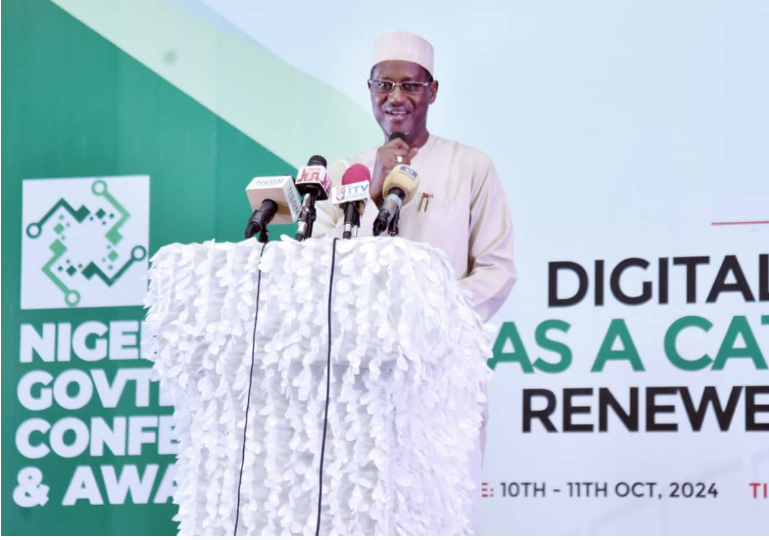The Federal Ministry of Housing and Urban Development of Nigeria recently conducted a two-day training workshop focused on Green Building Practices in Abuja. This initiative aimed to educate technical staff on the implementation of environmentally sustainable construction methodologies. The Minister of Housing and Urban Development, Ahmed Dangiwa, inaugurated the workshop, underscoring its significance and potential to revolutionize housing development within Nigeria. Dangiwa articulated the administration’s commitment to embracing innovative approaches under President Bola Tinubu’s leadership, aiming to adopt global best practices that will enhance the quality of life and health for Nigerian citizens. He characterized the workshop as a formative experience that goes beyond mere presentations, encouraging participants to seek tangible improvements in residential planning and construction across the nation.
Dangiwa’s remarks emphasized the ministry’s pivotal role in establishing and maintaining standards for both governmental and private sector players in the housing industry. He declared, “We are ready to embrace green building to create a sustainable future for Nigeria,” reflecting a strong vision for integrating sustainable practices into national housing policies. The focus on sustainable construction methods signifies a shift in strategy, as officials recognized the immediate need for effective solutions to common housing challenges in Nigeria. The training is intended to empower participants with the knowledge and tools necessary for implementing these green practices, ultimately positioning Nigeria as a leader in sustainable urban development.
Temilola Sonola, the EDGE Green Buildings Team Lead from the International Finance Corporation (IFC), reinforced the workshop’s objectives by highlighting the crucial role of green buildings in combating climate change. Sonola pointed out that Nigeria has already made progress, with 31 stakeholders—including property developers and financial institutions—achieving EDGE Green Building Certification across 35 projects, such as hospitals and student accommodations. She elaborated on the advantages of adopting green building standards, emphasizing that it results in lower water and energy consumption, reduced waste production, and minimized infrastructure requirements. These changes, in turn, contribute to better air quality and overall living conditions, marking a significant stride toward sustainable development.
Additionally, Sonola conveyed the financial implications of implementing green building practices, noting substantial benefits such as increased asset value and operational cost reductions over time. These financial incentives serve to motivate stakeholders in the housing sector to prioritize sustainability, potentially leading to broader acceptance and implementation of green building standards across Nigeria. The training participants were encouraged to consider both the environmental and economic returns that accompany the shift towards greener construction methods, aligning their projects with global best practices while also enhancing their competitive advantage in the market.
The Permanent Secretary of the Ministry, Marcus Ogunbiyi, also commented on the workshop’s pressing relevance in light of ongoing challenges within the Nigerian housing sector. He noted that many households still lack essential amenities such as reliable access to water and energy. Ogunbiyi expressed optimism that the knowledge gained from the workshop would not only enhance the capabilities of technical staff but would also translate into significant improvements in the living conditions of vulnerable populations across the country. By prioritizing capacity building within the ministry, there lies a greater potential for ensuring that housing initiatives are effectively addressing the needs of Nigerians, particularly those in underserved communities.
Overall, the workshop on Green Building Practices represents a crucial step for the Federal Ministry of Housing and Urban Development as it seeks to align with global sustainability efforts and tackle pressing housing issues in Nigeria. The commitment expressed by the ministry’s leadership signals a transformative approach to housing development, focusing on environmental sustainability, improved living conditions, and economic benefits for both developers and the community at large. By equipping staff with the necessary skills and knowledge, the ministry aims to foster a new era of housing development that addresses environmental concerns while promoting the health and well-being of the Nigerian populace, paving the way for a more sustainable future.














